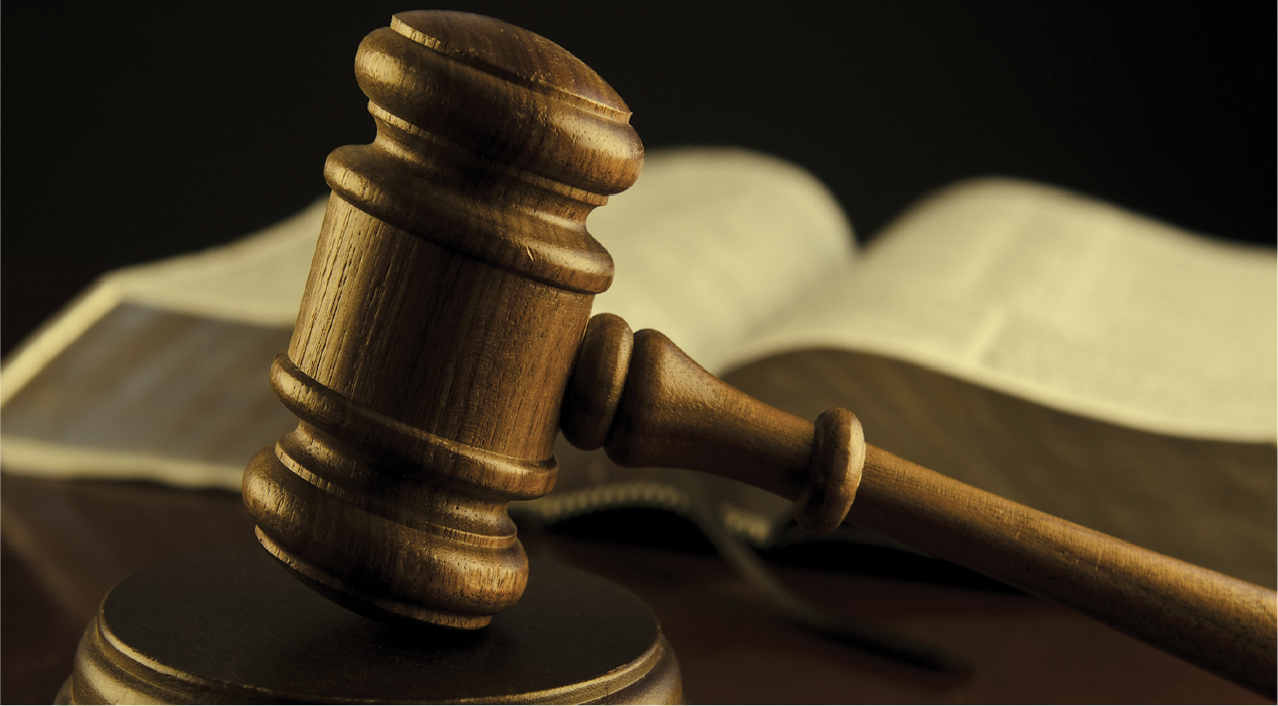
And Justice for All?
The phrase “jury nullification” occurs in a trial when a jury acquits a defendant, even though the members of the jury believe the defendant to be guilty of the charges. This may occur when members of the jury disagree with the law the defendant has been charged with breaking, or believe that the law should not be applied in that particular case (jury nullification can similarly convict under the same context). Jury nullification is possible because once a jury retires to the jury room to decide its verdict no one can compel the jurors to reach a particular verdict, and once the jury has reached its decision, it simply has to announce it. It doesn’t have to explain or justify it. Juries thus cannot be prevented from engaging in nullification, and judges rarely inform juries of this power.
A civil rights lawyer has proposed that because the criminal justice system, to his/her view, is discriminatory towards young African American males, juries should vote to acquit regardless of the evidence when the offense is a non-violent, drug related offense. He/she contends that individual defendants, the African American community, and society as a whole, would all be better if young African American males, who commit non-violent, drug-related offenses, remained in the community, rather than going to prison.
You are a jury member, and a case you are participating in, falls exactly under this context. Do you share the information about jury nullification to your peers and argue on behalf of the defendant? Why or why not?

